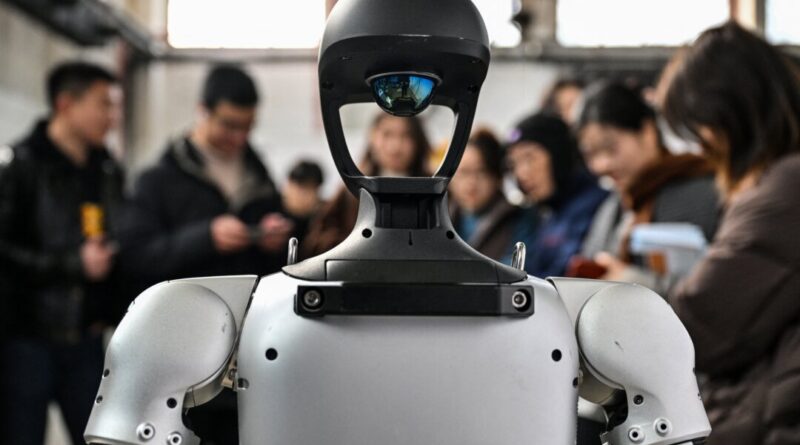Researcher: AI Achieves PhD-Level Science in Just 2 Years
Within less than two years, high-level AI models rapidly progressed from making amateur guesses on challenging science exams to delivering expert-level responses.
According to one expert, various AI models have achieved PhD-level mastery in science in just a few months.
During a recent online AI event, Liam Carroll, a researcher at the Gradient Institute, noted that cutting-edge models were advancing at a pace faster than expected.
He referenced data from the AI research institute Epoch AI, where models tackled PhD-level science questions from a GPQA (Graduate-Level Google-Proof Q&A) dataset.
These questions cover complex multiple-choice queries in fields like molecular biology, astrophysics, and quantum mechanics.
Designed to be challenging for non-experts, the benchmark for random guessing is a 25 percent score, while a trial with PhD experts yielded a 69.7 percent score.
In the period spanning 21 months from July 2023 to April 2025, AI systems began offering more expert-level responses, with several models surpassing the 70 percent threshold in the first three months of 2025.
Notably, Google’s Gemini 2.5 Pro model even exceeded the 80 percent benchmark.
Carroll emphasized that these models are not merely repeating information but are learning generalizable patterns about the world.
He highlighted models like Claude 3.7 and ChatGPT o1 as examples of this advanced learning.
ChatGPT o1, specifically focused on complex reasoning tasks for professionals, differs from the more commonly known ChatGPT 4o used by the public.
Next Stage of AI: Agency
Carroll also discussed the next frontier in AI development, referred to as AI “agents.”
He mentioned AI agents like Open AI’s Operator, which can autonomously operate a computer system.
Carroll highlighted Manus, an AI agent from the Chinese startup Monica, capable of writing and executing code in a computer terminal.
While acknowledging the positive economic impact of AI advancements, Carroll stressed the importance of ensuring the safety and trustworthiness of these systems.

Microsoft CEO Satya Nadella speaks during an event highlighting Microsoft Copilot agents in Redmond, Washington, on April 4, 2025.
Stephen Brashear/Getty Images
Over 1,600 AI Risks Have Been Identified: Researcher
Meanwhile, Jess Graham, a researcher at the University of Queensland who is currently working on AI risks at MIT (Massachusetts Institute of Technology), shared her insight.
She discussed the AI Risk Repository project, the most comprehensive database of AI risks, which revealed over 1,600 types of risks as of March 2025.
Graham highlighted 24 distinct types of AI risks, ranging from exposure to toxic content and misinformation to serious concerns like weapon development and loss of human agency and autonomy.



